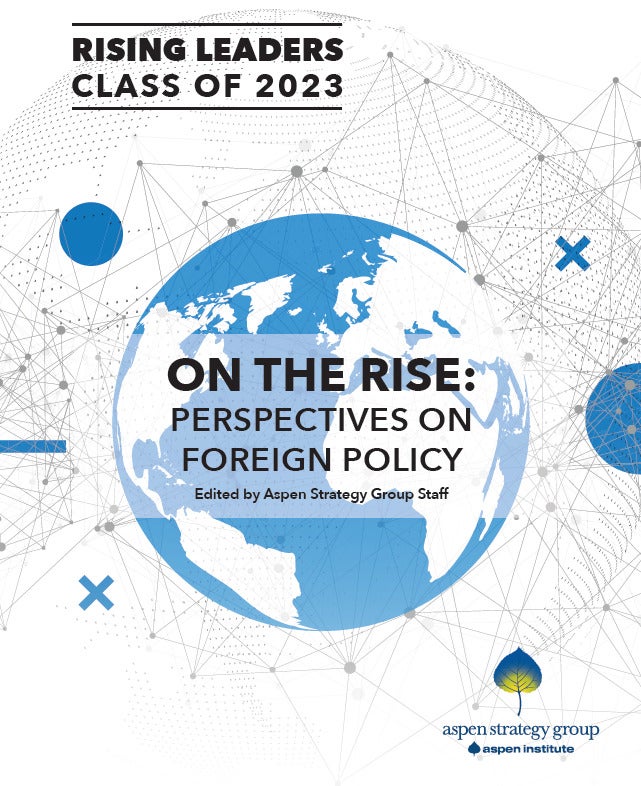Amid news that North Korea called out the US for “crossing the red line,” panelists at the 2016 Aspen Security Forum, speaking about the so-called “hermit country” discussed this declaration of war along with its underground nuclear tests, the effectiveness of sanctions, and how the US should respond both now and in the future.
Read below for highlights from on and off the stage.
Has Kim Jong-un consolidated his power?
“The regime in Pyongyang is consolidated. It is relatively stable,” said Moon. This means that Kim Jong-un has no real opposition among party elites.
"#NorthKorea is not a cartoon. We have misjudged what we've seen." Despite repeated claims of collapse, Pyongyang endures #AspenSecurity
— Aspen Security Forum (@AspenSecurity) July 29, 2016
What evidence is there that Kim Jong-un has consolidated his power? Panelists say:
- On May 7, the Korean Workers' Party celebrated its first Congress in 36 years. A Congress is a chance for party officials to decide where the country should be heading.
- Kim Jong-un would not have allowed this event to occur unless he knew that party elites would support his platforms.
- This Congress is an example of how confident he was that he was facing no serious opposition.
Under Kim Jong-un, we’re dealing w/ a different kind of #NorthKorea — ambitions & identity. –@KathyHSMoon at #AspenSecurity
— The Aspen Institute (@AspenInstitute) July 29, 2016
What are North Korea’s nuclear capabilities?
#NorthKorea has a bunch of nukes. –@TheWilsonCenter Pres Jane Harman on #NorthKorea. #AspenSecurity https://t.co/DhuB7UovXO
— The Aspen Institute (@AspenInstitute) July 29, 2016
Katherine Moon of Brookings: Kim has given Nork public a national identity as a nuclear state. Denuclearization is impossible #AspenSecurity
— Toby Harshaw (@tobinharshaw) July 29, 2016
What are North Korea’s relationships with other countries like?
Some voices in the international community have expressed concerns that North Korea might share its nuclear technologies with Iran. But is this really a threat? The ASF panelists do not believe that North Korea and Iran are colluding in that way.
I don’t foresee that nexus as a major threat. –@KathyHSMoon on Iran and #NorthKorea relationship at #AspenSecurity pic.twitter.com/6vKgywS9mn
— Aspen Security Forum (@AspenSecurity) July 29, 2016
Though the panelists believed that North Korea and Iran are not sharing nuclear technologies, they were concerned about its relationships with other countries, such as Russia and China. They noted that North Korean hackers are often trained in Moscow or Beijing.
“If you want to know what the North Korean capabilities are [in cyber attacks], we have to track Russian and Chinese capabilities,” said Moon.

